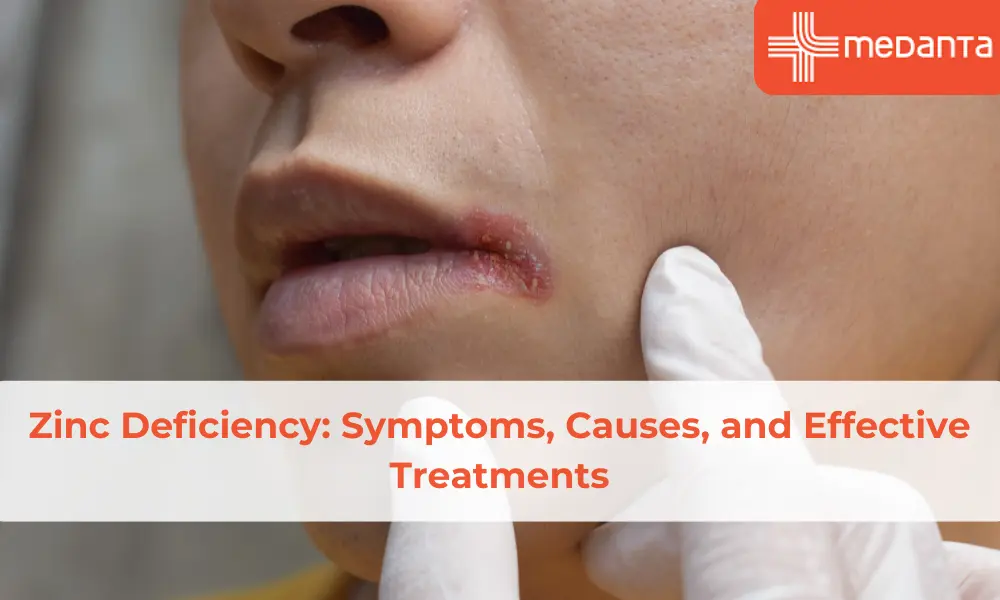Hygiene and Waterborne Diseases: Ensuring Safe Drinking Water

One of nature's wonders on Earth, water has the ability to give and take life. Approximately 3.1% of deaths worldwide are attributed to contaminated, low-quality water, with 80% of diseases being waterborne.
Anyone can contract waterborne diseases by drinking contaminated water or using poor-quality water for any other purpose. But, certain groups, including young kids, pregnant women, and seniors, are comparatively at higher risk of developing serious waterborne health complications.
You might wonder what the solution is to prevent contracting these waterborne illnesses. The best course of action is to consume clean water and use the same for cooking, bathing, or any other reason. This article covers some of the greatest advice for guaranteeing clean drinking water and preventing waterborne illnesses.
What are the Common Waterborne Diseases?
Underground water containing harmful amounts of iron, fluoride, salt, and arsenic is considered unsafe for drinking. Moreover, water pollution from animal waste, industries, garbage, or chemicals deteriorates the quality of water. This contaminated or poor-quality water is the breeding ground for waterborne pathogens, and thus, ingesting or using it can cause many severe illnesses.
Here listed are some common diseases or illnesses you can contract by drinking, cooking, or using polluted water:
1. Typhoid fever: Salmonella Typhi bacteria present in the contaminated water is the source of typhoid fever, and not receiving proper care on time can cause harm to your organs.
2. Cholera: Spreading through polluted water, cholera is caused by the vibrio cholera germ. If you have symptoms like muscle cramps, nausea, diarrhoea, and vomiting, you might have cholera.
3. Acute gastroenteritis: When suffering from acute gastroenteritis, you might experience symptoms like vomiting, low BP, sunken eyes, and watery diarrhoea, which can further cause dehydration.
4. Food poisoning: Drinking contaminated water can make way for E. coli bacteria into your intestines, causing stomach infection or food poisoning.
5. Hepatitis A: Spreading commonly through contaminated water or food, hepatitis A is caused by the Hepatitis A virus. This waterborne disease might affect your liver if not treated on time.
6. Giardiasis: The Giardia Lamba parasite present in polluted water can cause giardiasis and the small intestine is the primary body part to be affected the most.
Significance of Practising Personal Hygiene to Prevent Waterborne Illnesses
Practising personal hygiene is the key measure to ensure safe drinking water and support your health by preventing contracting waterborne illnesses. Here are some hygiene practices you can personally follow to keep water-related diseases at bay:
1. You should wash your hands with soap and clean water thoroughly, at least for 20 seconds after using the toilet, cleaning up a child who has used the toilet before and after treating an individual having diarrhoea or changing a diaper.
2. Don’t bathe in water that might be contaminated with toxic chemicals or sewage water. In addition, avoid taking a tip in streams, lakes, or rivers that are polluted by human sewage, flood water, or animal waste.
3. Don’t drink or shower using water from a local well if you suspect it’s contaminated.
Always use clean water to brush and floss your teeth.
4. Wash your hands properly after playing with or cleaning animals, gardening, and before and after preparing food.
5. If soap and clean water aren’t available to wash your hands, you can use an alcohol-based hand sanitiser containing a minimum of 60% alcohol.
Precautions You Should Take to Avoid Waterborne Diseases
You can maintain your health and protect yourself from waterborne infections by adhering to these preventative water hygiene guidelines in addition to prasticing personal hygiene:
Drink properly treated water
Ask your municipal committee to routinely test private water supplies at least twice a year for total coliform or E. coli. Besides this, don’t swallow water when swimming in hot tubs, pools, or natural water bodies. Avoid drinking tap water or water from natural water bodies when travelling to high-risk destinations.
Install a water filter or boil water
Before using municipal water for cooking, bathing, or drinking, boil it if you believe that it is contaminated. Doing so will help kill harmful germs. Alternatively, consider installing a water purifier when you do not have access to safe drinking water.
Keep your wounds clean and covered
You might suffer from water-related illnesses with your open wounds or rashes being exposed to contaminated water. To protect yourself, consider keeping open wounds clean by washing well with clean water and soap. In addition, you can cover clean, open wounds with a waterproof bandage to prevent contracting any waterborne infection.
Use good environmental management
You should flush or discard stool in the toilet along with cleaning the surrounding area properly with hot water, detergent, and chlorine-based disinfectant to prevent the spread of infection.
Follow food safety precautions
Cooking food in poor-quality water is one of the major sources of contracting water diseases. You should take certain important food safety steps to protect yourself, such as rinsing all raw fruits and vegetables in vinegar or salt water before consumption.
In addition, be sure to constantly wash your hands, kitchenware, and surfaces before beginning any cooking. You should also cook with clean or boiled water.
Bathing or showering measures
Avoid using poor-quality, contaminated groundwater to bath or shower. You can add antiseptic liquid to bathwater if it seems suspicious. Doing so will help get rid of harmful germs and bacteria.
All-in-All
Every year, waterborne diseases afflict millions of people worldwide, especially the ones living in countries with access to poor-quality, unsafe water sources. You can protect yourself against water-related infections and illnesses, from typhoid fever and cholera to giardia and hepatitis A, by practising safe sanitation and hygiene.
However, sometimes, despite your best efforts, you can be vulnerable to these water illnesses. In such a case, consider scheduling an appointment with Medanta's gastroenterology department. Specialists will diagnose the symptoms of waterborne illnesses and suggest appropriate treatment.






